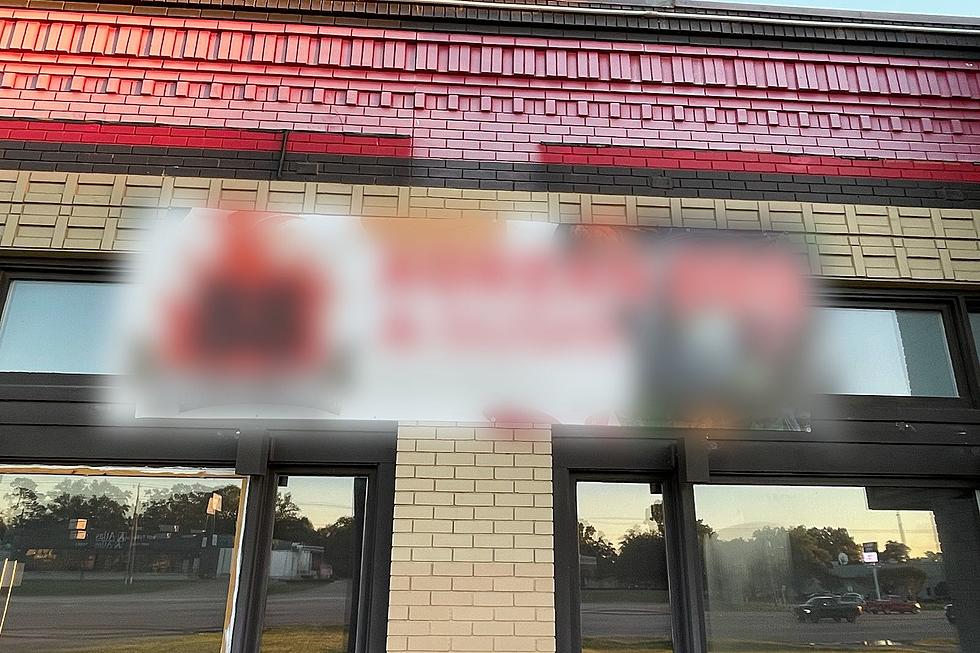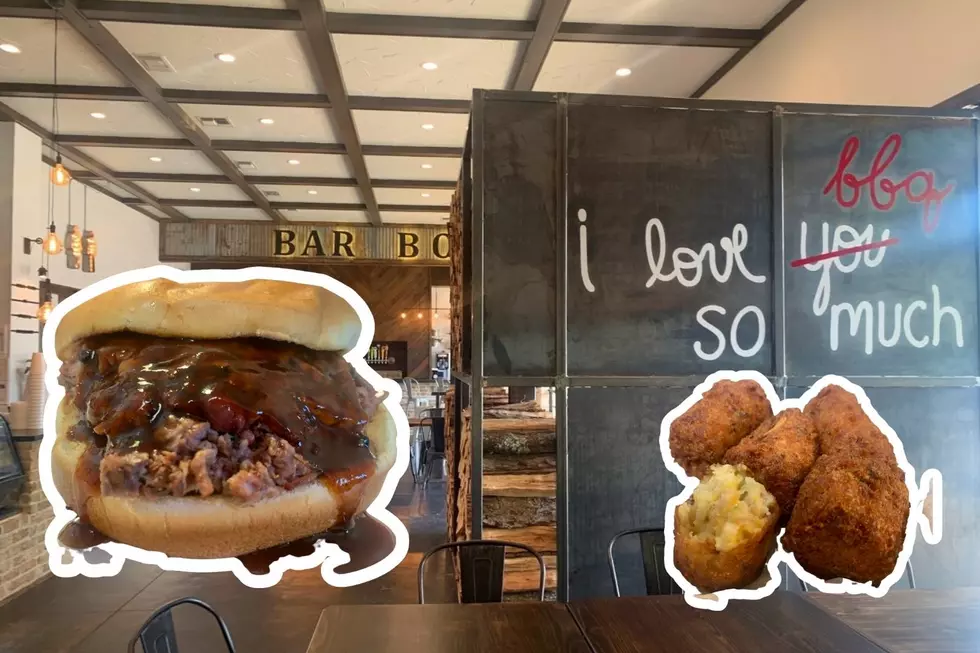
Best Tips To BBQ Safely – KNUE’s Top Six
Memorial Day has announced the official start of summer! Now let's get out and start grilling. Did you know that more than half of Americans cook outdoors all year round? Food borne illnesses can be prevented with some pretty simple guidelines which we have listed for you after the jump.
From The Store Directly Home
1 - Shop for your meat and poultry last, right before you head to the cashier.
Keep your raw meat and poultry away from other items in your cart.
Put packages of raw meat and poultry in a plastic bad reducing cross-contamination.
2 - Plan your shopping well - ensure you are going directly home after you have completed your trip to the grocery store. If you are not going directly home, take a cooler with ice to preserve your perishables. Plan to drive directly home from the grocery store. You may want to take a cooler with ice for perishables.
3 - Once home refrigerate perishables within 2 hours of purchase (note: Refrigerate with in an hour when the temperature outside in over 90 °F.) Freeze poultry and ground meat you are not going to use within 1 or 2 days; other meat not going to be used within 4-5 days needs to placed in the freezer as well.
Defrost Safely
1 - Completely thaw meat and poultry before grilling so it cooks evenly and in the end tastes better. Use the refrigerator for slow, safe thawing (place items on a plate of bowl to prevent spills and cross contamination).
2 - You can also thaw sealed packages in a sink of cold water.
3 - For quicker thawing, you can microwave defrost if the food will be placed immediately (be careful you don't spoil your outdoor grilling adventure by OVER defrosting in the microwave)
Marinating Properly
1 - A marinade is a savory, usually acidic sauce in which a food is soaked to enrich its flavor or to tenderize it.
2 - Marinate food in the refrigerator, not on the counter.
3 - Poultry and cubed meat or stew meat can be marinated up to 2 days.
4 - Beef, veal, pork, and lamb roasts, chops, and steaks may be marinated up to 5 days.
5 - If some of the marinade is to be used as a sauce on the cooked food, reserve a portion of the marinade before putting raw meat and poultry in it. NOTE: If the marinade used on raw meat or poultry is to be reused, make sure to let it come to a boil first to destroy any harmful bacteria.
Cleanliness
1 - Be sure there are plenty of clean utensils and platters. (To prevent food borne illness, don't use the same platter and utensils for raw and cooked meat and poultry.)
2 - Harmful bacteria present in raw meat and poultry and their juices can contaminate safely cooked food.
Cook Thoroughly
1 - Cook food to a safe minimum internal temperature to destroy harmful bacteria. Meat and poultry cooked on a grill often browns very fast on the outside.
2 - Use a food thermometer to be sure the food has reached a safe minimum intern temperature.
SAFE MINIMUM INTERNAL TEMPERATURES
Whole poultry: 165 °F
Poultry breasts: 165 °F
Ground poultry: 165 °F
Ground meats: 160 °F
Beef, pork, lamb, and veal (steaks, roasts and chops): 145 °F and allow to rest at least 3 minutes.
Safe Serving Practices
1 - Don't put cooked food on the same platter that held raw meat or poultry. Any harmful bacteria present in the raw meat juices could contaminate safely cooked food.
2 - In hot weather (above 90 °F), food should never sit out for more than 1 hour.
3 - Refrigerate any leftovers promptly in shallow containers.
4 - Discard any food left out more than 2 hours (1 hour if temperatures are above 90 °F)
More From 101.5 KNUE









